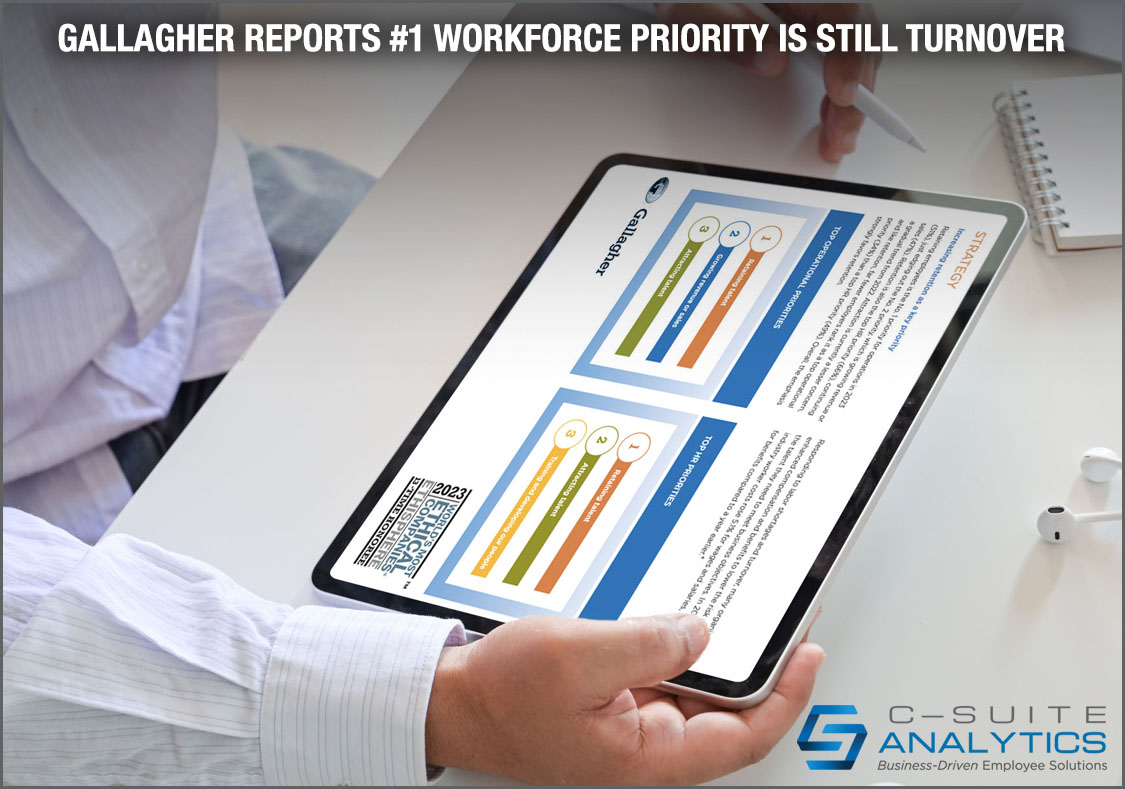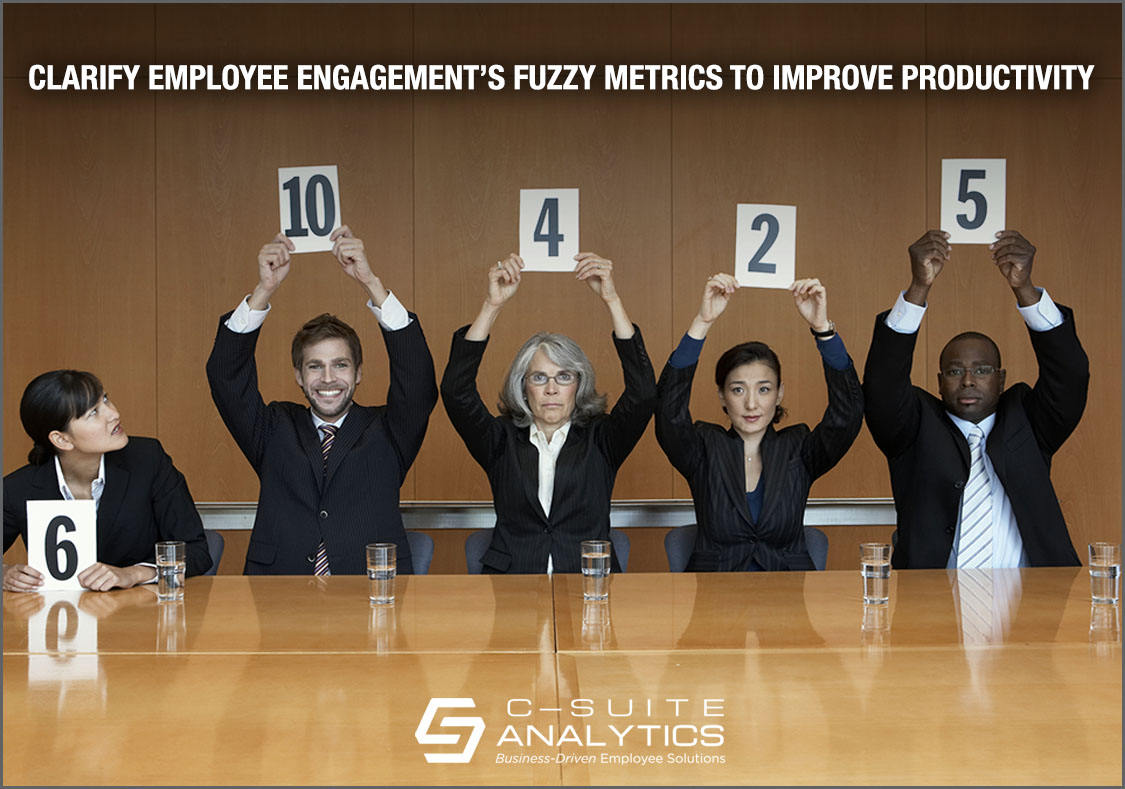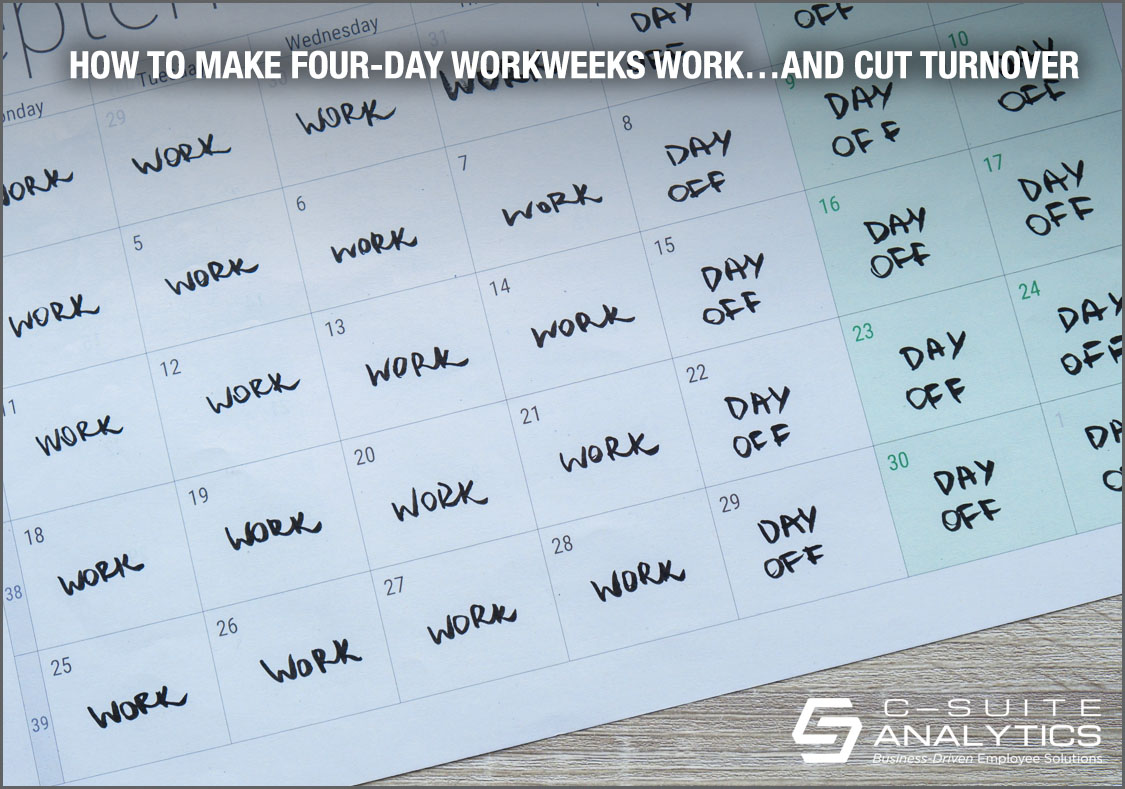My “‘Ah-Ha” How to Cut Turnover Moment
My professional passion for cutting turnover began decades ago with my CEO saying words that HR professionals, dread: “Turnover is high so HR, go fix it.” Looking back, I knew then that I had learned a lesson mostly unknown across HR circles.










